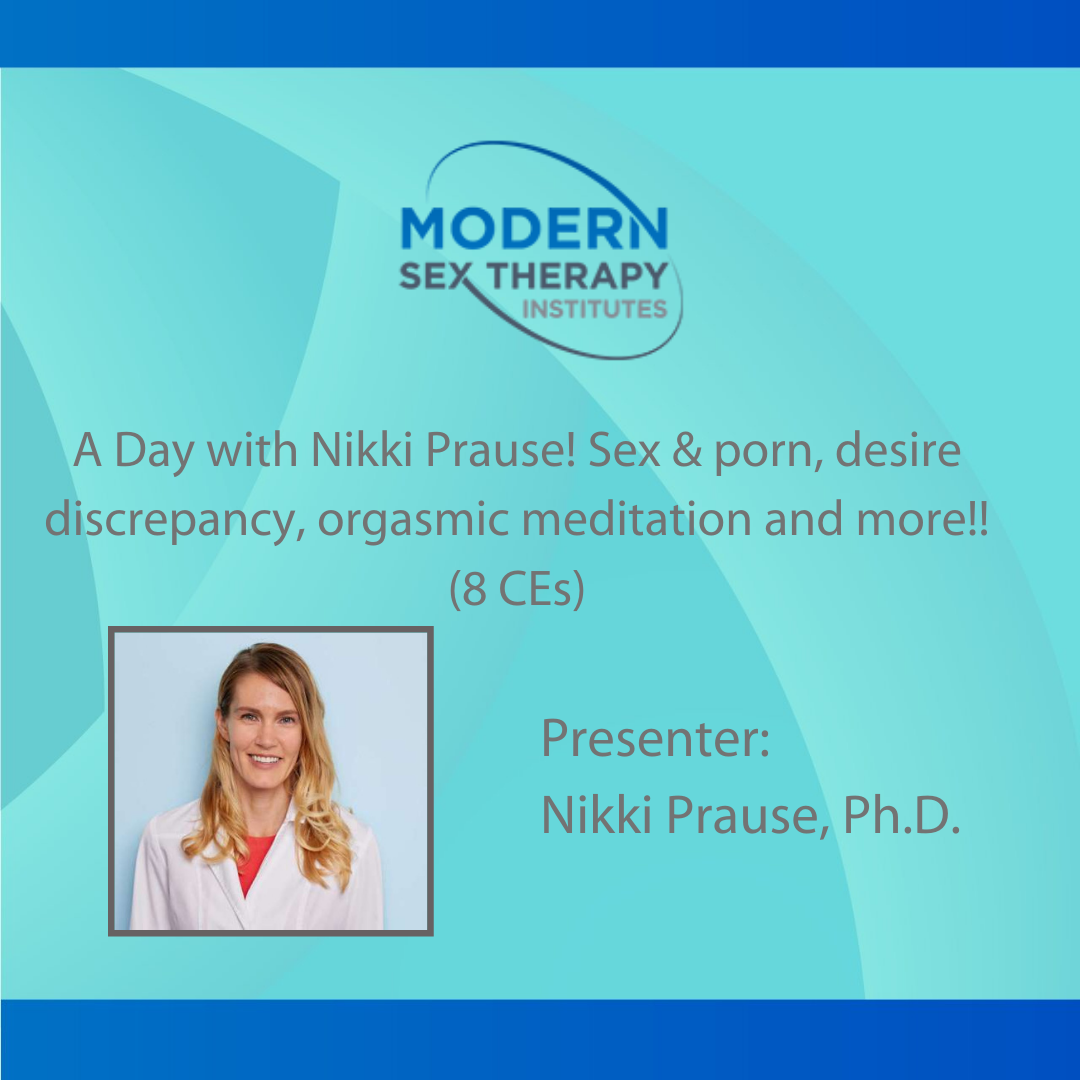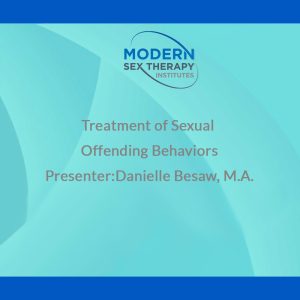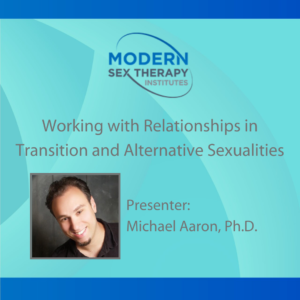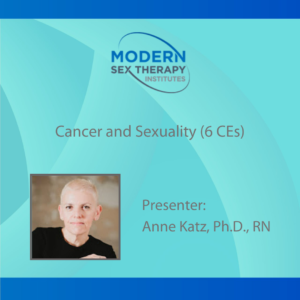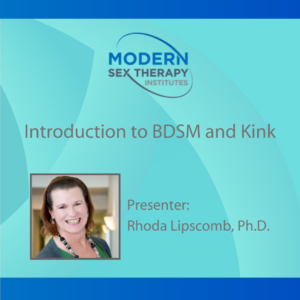Recorded workshop available via video on demand
A Day with Nikki Prause! Sex & porn, desire discrepancy, orgasmic meditation and more!! (8 CE Hours)
$320.00
- Why are sex and porn not considered addictive?
- Modern approaches to sexual desire discrepancies
- A new sexual response model?
- Orgasmic Meditation science
Why are sex and porn not considered addictive? (2 CE Hours)
Description: A lecture with an extended, participatory demonstration will help attendees understand the important differences between models of distressing, frequent sexual behaviors. A brief portion will focus on critically evaluating media coverage of the topic to translate health information patients are likely to encounter. Finally, two case assessments will provide tools to help identify the etiology of client’s distress.
Learning objective(s):
- Describe four models of distressing, frequent sexual behaviors.
- Explain 2 different strategies for reducing distress around frequent sexual behaviors for clients that depend on the model used.
Modern approaches to sexual desire discrepancies (2 CE Hours)
Description: Many objective methods for assessing sexual desire levels exist, but are underutilized or have not transitioned from the lab to the clinic. After reviewing open-access questionnaires for client assessment, developing technology to assess sexual drive using clinically-accessible brainwave technology is reviewed. Empirically-supported treatments to increase or decrease sexual desire, including those now known not to work, will be reviewed and briefly introduced. Emerging treatment potential for sexual desire discrepancies are introduced, including brain stimulation and orgasmic meditation. Direct current stimulation will be demonstrated.
Learning objective(s):
- List 2 strengths and 2 weaknesses of different surveys to measure client’s sexual drive.
- Describe what is not yet known about developing therapies that could make them clinically useful.
A new sexual response model? (2 CE Hours)
Description: Therapists often learn sexual response models proposed by Kaplan, by Masters and Johnson, or by Basson. However, very few laboratories actually have monitored later phases of sexual response, including through orgasm. We review differences between the existing models of sexual response and challenge with a novel biphasic model of sexual arousal. The model helps explain the dissociation of problems with arousal versus problems reaching orgasm. A demonstration of methods to measure orgasms physiologically is included. Emerging debates challenging scientific definitions of female orgasm are reviewed.
Learning objective(s):
- Define a sexual climax from a physiological perspective.
- Explain the “orgasm gap” literature in light of ongoing debates to define female orgasm.
- Compare the brain state at the arousal and orgasm-approach phases of sexual response.
Orgasmic Meditation science (2 CE Hours)
Description: Orgasmic Meditation was recently studied in a large sample of 250 men and women in the laboratory. It is the first IRB-approved study to measure the brain responses of both participants during an intimate interaction. Similarities and differences from sensate focus will be highlighted. We will not teach OM techniques, as clinical trials have not yet supported its efficacy. The current science on OM will be presented, including the impact of adverse childhood events (including sexual abuse) and changes in feelings of closeness with the partner (including whether the partners are romantically involved outside the OM practice or not). In particular, we focus on what the person providing genital stimulation “gets” from a neuroscience and emotional perspective immediately after engaging in the practice.
Learning objective(s):
- Compare features of sensate focus and Orgasmic Meditation.
- Describe potential therapeutic targets of Orgasmic Meditation.
Activity Schedule
1 Hour: Models of distressing, frequent sexual behaviors.
1 Hour: Strategies for reducing distress around frequent sexual behaviors
1.5 Hours: Methods to measure sex drive
1 Hours: Models of sexual response
1 Hour: physiology of climax
1 Hour: Differences in sexual response based on gender and “orgasm gap”
1.5 Hours: Orgasmic Meditation
Speaker Bio:
Nicole Prause, PhD is a clinical scientist trained in experimental research and licensed as a psychologist (CA #27778). She co-authored the authoritative chapter on sexual psychophysiology research methods in the Handbook of Psychophysiology. Her research methods have included laboratory neuroscience, cognitive-behavioral experiments, online questionnaires, clinical interviews, and natural language coding approaches, giving her background to assist students with a variety of interests and approaches to sex research. She also has been employed as a full-time statistician, including work on projects for the National Institutes of Health and private foundation research grants.

